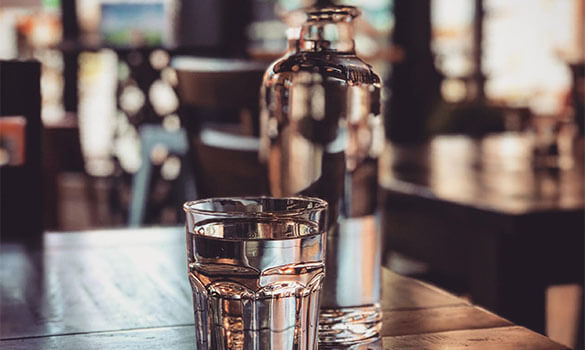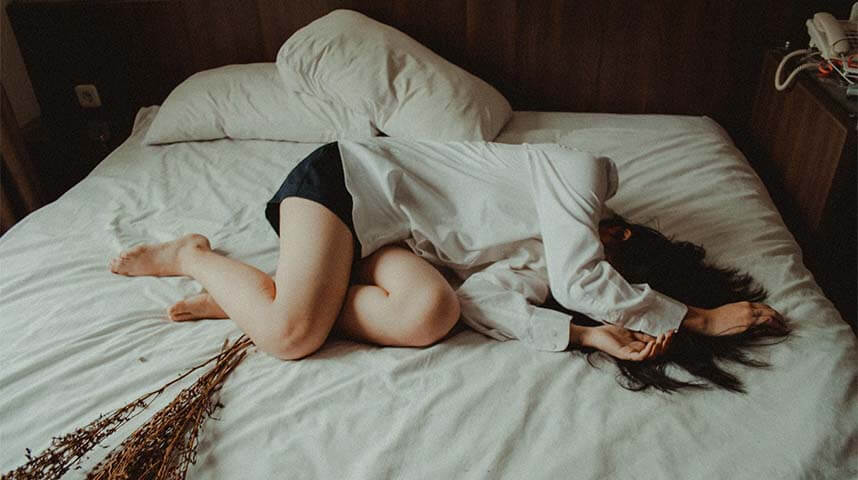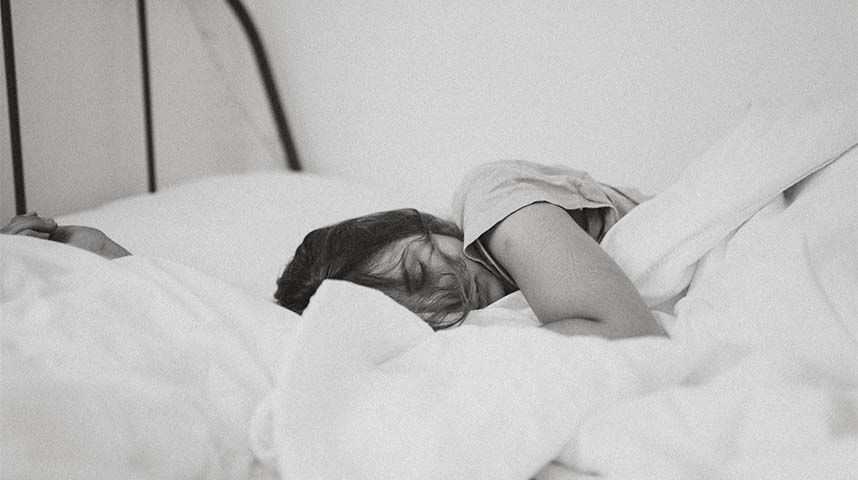Why Drinking Water is Essential to Boosting Sleep Quality?
A word of advice that’s commonly passed around for a healthier lifestyle is to ensure adequate hydration. Water plays a vital role in our day to day functioning and maintains electrolyte balance within our body. Dehydration can lead to a host of body ailments and can also affect sleep greatly. A study published by the Oxford Academic concluded that lack of hydration can lead to shorter sleep durations. The study analyzed sleeping patterns and urine samples of 20,000 participants from both the US and China.
Dehydration: Effect on the Body
Dehydration can also lead to dizziness, lethargy, and drowsiness the following day. In addition, dehydration can induce painful nocturnal leg cramps. Furthermore, the lack of hydration can dry up both the nasal and mouth passages causing snores or sleep apnea. If you do live in a warmer area, it is essential you adequately hydrate throughout the day. A good amount of water is lost by the body through sweat (estimated up to one liter). Finally, excessive thirst will disrupt sleep and wake one from the bed.
Dehydration can be identified by the following symptoms. Do note severe dehydration is to be treated as a medical emergency and professional help must be acquired.
- Headaches;
- Fatigue;
- Loss of Focus;
- Dark urine;
- Dry skin;
- Constipation;
- Muscle Cramping;
- Sunken eyes;
- Low blood pressure;
- Rapid pulse;
- Reduced urination.
CBS reported in 2013 that 75% of Americans may suffer from chronic dehydration. Dehydration if unchecked over long periods can cause kidney complications. In addition, sleep deprivation causes an imbalance in the release of the hormone vasopressin which is key to hydration.
Quick Tips to Staying Hydrated
To ensure you’re hydrated well and resultantly sleeping well, check out these tips:
- Avoid caffeine immediately after waking up and before bedtime;
- Limit alcohol consumption by the quantity and avoid it at least 3 hours before bed;
- Hydrate adequately throughout the day. Plan and spread water consumption;
- Avoid drinking excessive water two hours before bedtime. One glass of water before bedtime is ideal;
- Ensure the consumption of clean and filtered water;
- Keep your room cooler. This will ensure lesser water loss through sweat;
- Drink water after waking up to replace water lost through the night;
- Exercise regularly to sweat water out and replace it with fresh water;
- Consume fruits and vegetables with higher water content.
Hydration and sleep are very closely linked and are interdependent. The key is to spread out and plan water consumption throughout the day. Guzzling down bottles of water isn’t helpful. This will only result in the need to use the bathroom, thereby disrupting your sleep hours. On average, men require 125 ounces of water while women require 91 ounces of water in a day. While this is a thumb rule, the specific amount of water is different for every individual. It depends on body type, weight, lifestyle, age, etc. Hydrate yourself every time you feel thirsty, this is a natural reminder from your body.
Understand what your body needs and accordingly hydrate to improve sleep quality and better productivity the following day.









